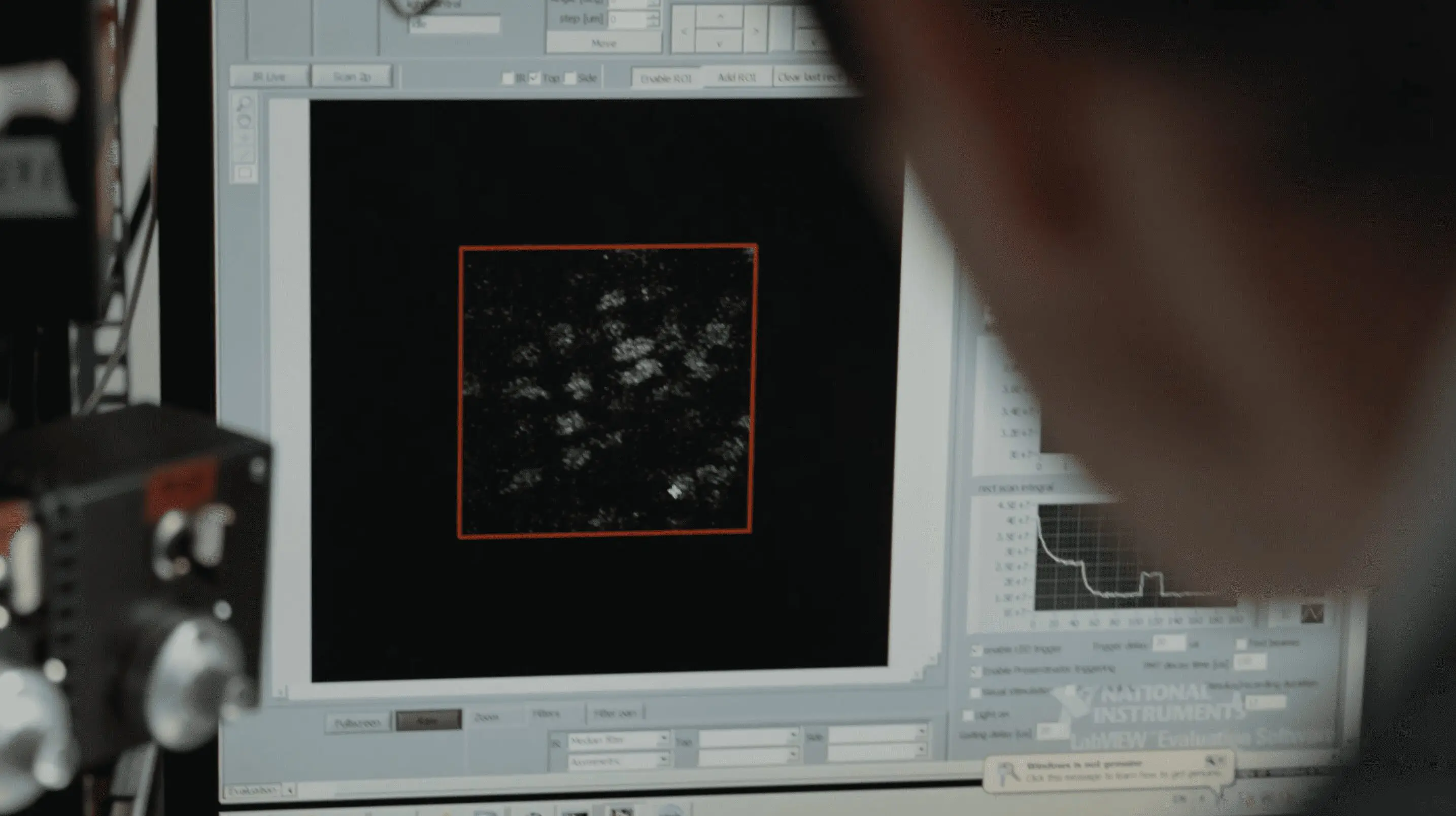
Gene therapy is a technique whereby synthetic DNA constructs are introduced into host cells to treat diseases. The research involved in discovering gene therapies requires a substantial amount of time-consuming molecular cloning and screening. Clinical research labs, such as the ones at the Institute of Molecular and Clinical Ophthalmology Basel, are increasingly turning to techniques that can speed up the rate of discovery, such as lab automation.
The Institute of Molecular and Clinical Ophthalmology Basel is a non-profit research institute that unites researchers and clinicians to discover and develop new therapies for eye diseases. Jannick Imbach, a scientist at IOB, works within the viral vector technology platform where he uses molecular cloning to create and screen the DNA vectors employed in gene therapy. Molecular cloning is a laborious process that entails multiple rounds of splicing DNA together and screening bacterial colonies for the correct DNA constructs. To streamline laboratory procedures, the platform decided to add lab automation, but found that most liquid handling robots are quite expensive and incompatible with the complex protocols required for their research.
Imbach ultimately chose the Opentrons OT-2 liquid handling robot for its affordability and ability to accommodate customized protocols. Imbach’s colleagues were very interested to see how lab automation would improve the molecular cloning workflow, so the arrival of the first OT-2 robot was an exciting event for the entire facility.
There was a lot of excitement getting the robot out of the box! People stopped by from other labs to observe and see the new robot.
– Jannick Imbach
Imbach worked with Opentrons custom protocol development services to assist with initial onboarding of the robot. Using the provided code as a starting point, he made modifications to fit his laboratory’s specific needs. The robot now runs 10 distinct protocols for cloning and handling bacteria. His lab recently purchased a second OT-2 for sterile cell culture work.
Imbach believes that the future of gene therapy is bright. Therapeutics for diseases that were untreatable in the past are now within reach. With higher productivity facilitated by lab automation, scientists like Imbach are empowered to create new and innovative gene therapies to treat diseases.
Schedule a short virtual demo to learn more about the Opentrons OT-2 here.